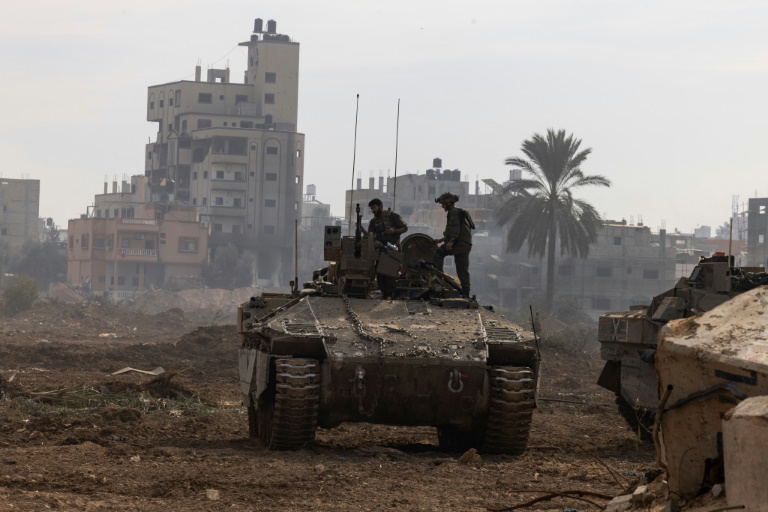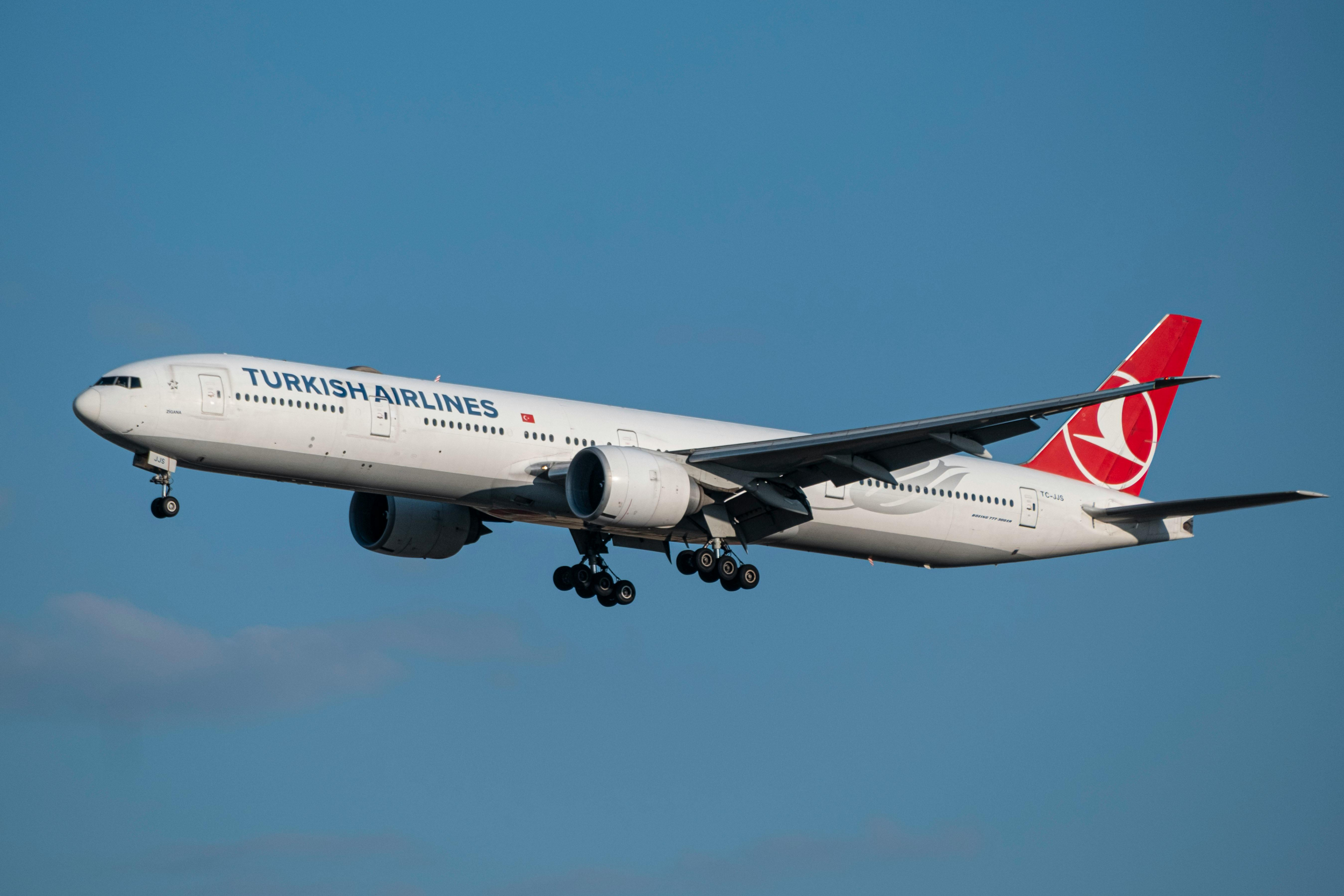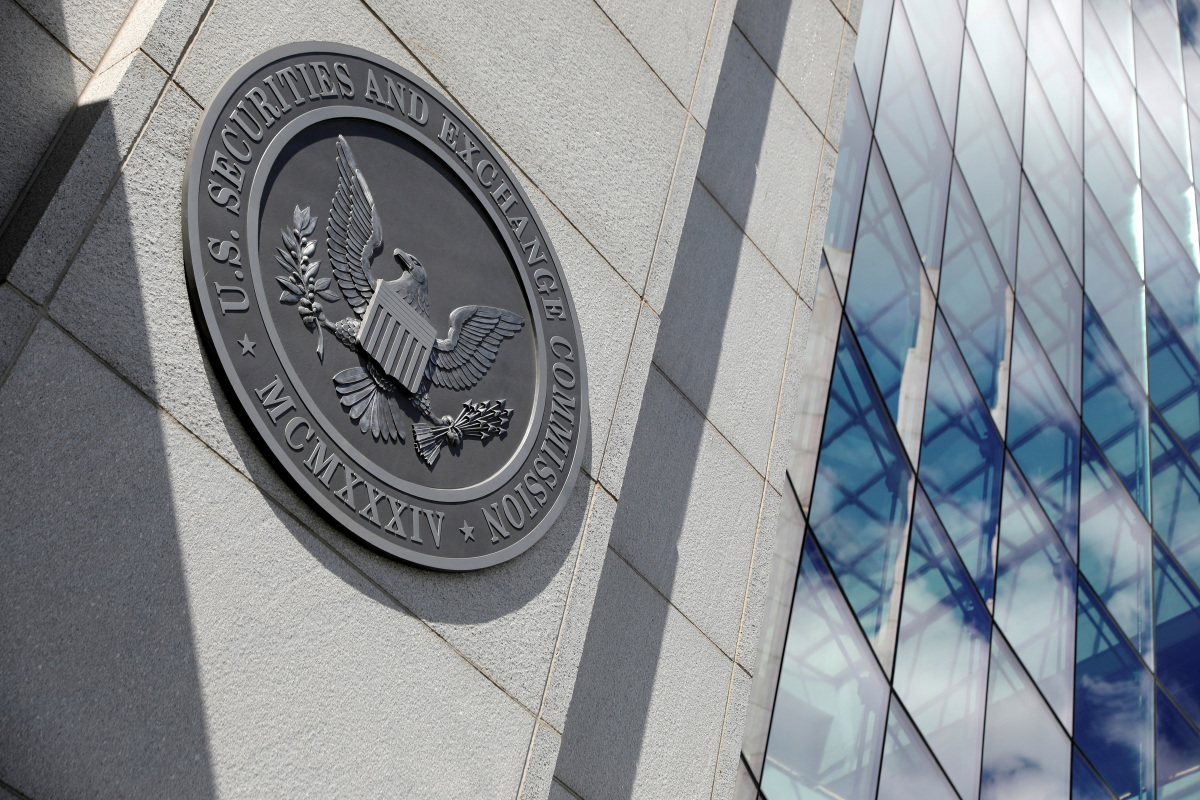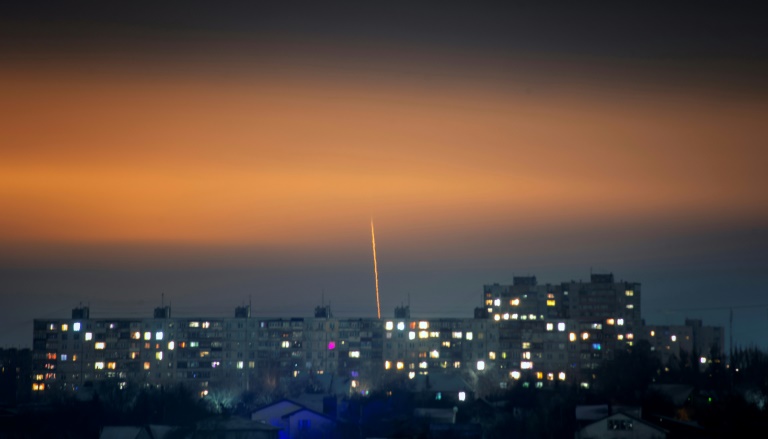The Israeli army bombed Gaza and battled Hamas fighters on Tuesday as US top diplomat Antony Blinken was back in Israel on a regional tour aimed at stopping the war from escalating across the Middle East.
An AFP correspondent reported intense bombing overnight in Khan Yunis and Rafah, the biggest cities in the south of the besieged Palestinian territory which are crowded with internally displaced people.
The army said its forces had killed 40 militants over the past 24 hours in “expanded ground operations including air strikes” in Khan Yunis, and that troops had seized AK-47 assault rifles, rocket launchers and other weapons.
Since the war broke out with the Hamas attack of October 7, fears have grown of an escalating conflict between Israel and its other regional enemies, a loose alliance of Iran-backed armed groups in Lebanon, Syria, Iraq and Yemen.
Israel has traded cross-border fire with Hezbollah for three months and more recently killed senior operatives of the Shiite Muslim armed group as well as of Hamas on Lebanese soil, sparking anger and threats of retaliation.
Hezbollah said Tuesday it had launched a drone attack on Israel’s “northern command centre” in the city of Safed as part of its response to the killings of Hamas deputy leader Saleh al-Aruri and Hezbollah field commander Wissam Tawil.
The Israeli army also said Monday it had killed a “central” Hamas figure in Syria, Hassan Akasha, who had led “terrorist cells which fired rockets… toward Israeli territory”.
The US secretary of state — on his fourth Middle East tour since the war broke out — was back in Israel on Tuesday to meet Prime Minister Benjamin Netanyahu and members of his war cabinet, including opposition figure Benny Gantz.
He also voiced hope that, after the war, Israel could push on with its efforts toward regional integration, following its US-brokered normalisation deals with the United Arab Emirates, Bahrain and other states.
“I think there actually are real opportunities there but we have to get through this very challenging moment,” Blinken said after meeting Foreign Minister Israel Katz on the latest leg of a tour that has already taken him to Qatar and Saudi Arabia.
The bloodiest ever Gaza war broke out after Hamas gunmen launched their October 7 attack that resulted in about 1,140 deaths in Israel, mostly civilians, according to an AFP tally based on official figures.
Militants of Hamas, considered a “terrorist” group by the United States and European Union, also took around 250 hostages. Israel says 132 of them remain captive, including at least 25 believed to have been killed.
Israel has responded to the deadliest attack in its history with relentless bombardment, a siege and then a ground invasion of Gaza that have killed at least 23,210 people, mostly women and children, according to the Hamas-run territory’s health ministry.
The Israeli army says 180 of its soldiers have been killed in Gaza.
Hamas leader Ismail Haniyeh, speaking in Qatar on Tuesday, argued that the October 7 attack “came after an attempt to marginalise the Palestinian cause”.
He charged that, “despite the heavy price, the massacres and the war of genocide, it (Israel) failed to achieve any of its goals.”
In further comments, released later by Hamas in Gaza, he called on Muslim states “to support the resistance with weapons, because this is… not the battle of the Palestinian people alone”.
The war has reduced vast areas of Gaza to rubble and displaced most of its 2.4 million people with many at risk of famine and disease, according to the United Nations.
With only minimal aid entering Gaza, Israeli human rights group B’Tselem charged that “everyone in Gaza is going hungry” as the “direct results of Israel’s declared policy”.
Washington has said Blinken will press Israel on its compliance with international humanitarian law and ask for “immediate measures” to boost aid into Gaza, where relief has arrived only in sporadic convoys.
US President Joe Biden said Monday he had been “quietly working with the Israeli government to get them to reduce” their troop presence in Gaza.
The Israeli army has claimed to have largely achieved military control over northern Gaza, and said that the war is now entering a new phase.
Army spokesman Daniel Hagari, speaking to The New York Times, said the next phase would involve fewer soldiers and air strikes and that a troop reduction had already begun this month.
Hagari alluded to the transition in his nightly briefing on Monday, saying that “while there are still terrorists and weapons in the north, they are no longer functioning within an organised military framework”.
But he also acknowledged there were tough “battles being fought both in the centre and the south” of Gaza, where intense urban combat and house-to-house fighting have raged for weeks.
The United Nations said it was “very concerned by the high death toll of media workers” in Gaza, a day after a strike killed two journalists of the Al Jazeera network, including the son of Gaza bureau chief Wael al-Dahdouh.
Violence has also surged in the occupied West Bank, where Israeli police confirmed three people were killed Monday during a raid on Tulkarem to arrest a “wanted terrorist”.
Israeli army raids and settler attacks in the West Bank have killed at least 333 people since October 7, according to the Ramallah-based Palestinian health ministry.
AFP
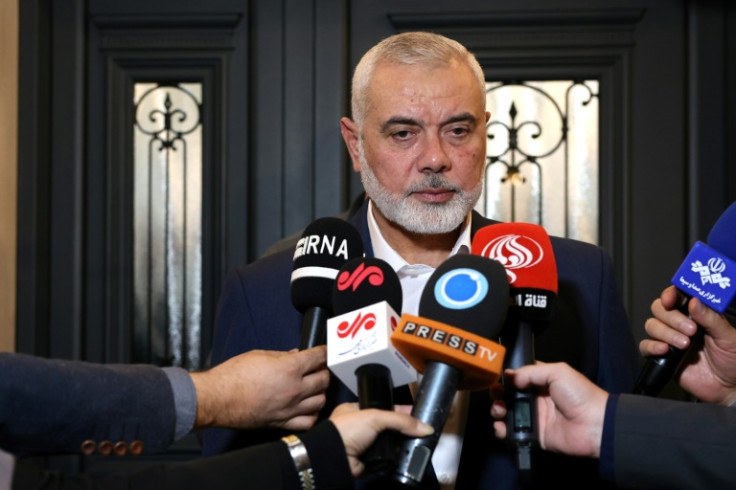
AFP
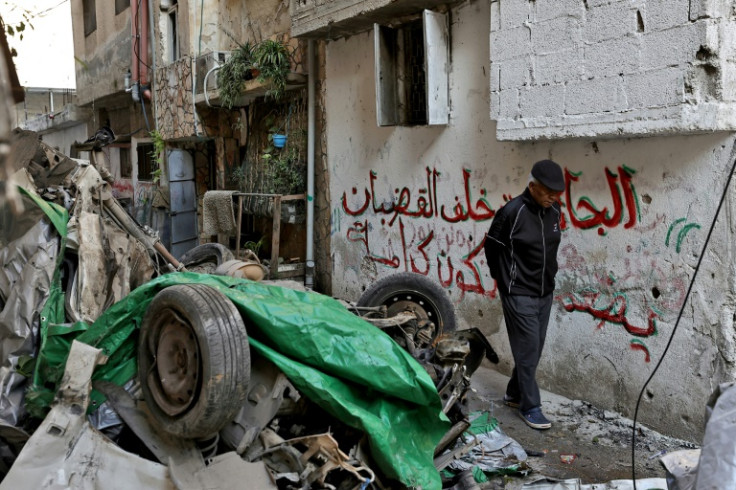
AFP
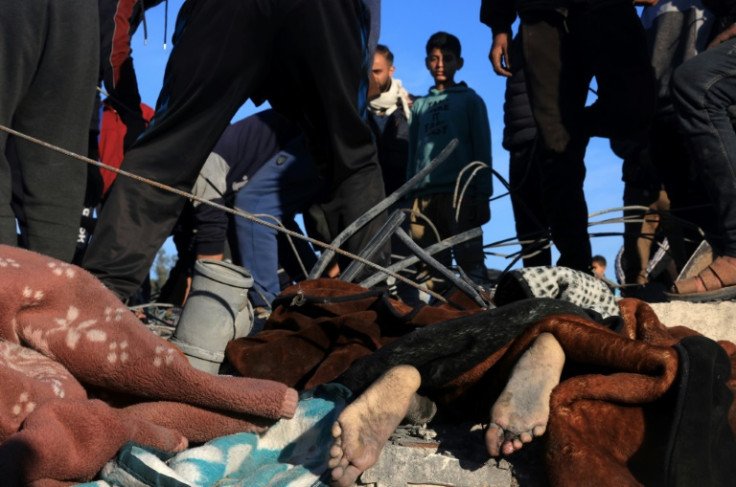
AFP
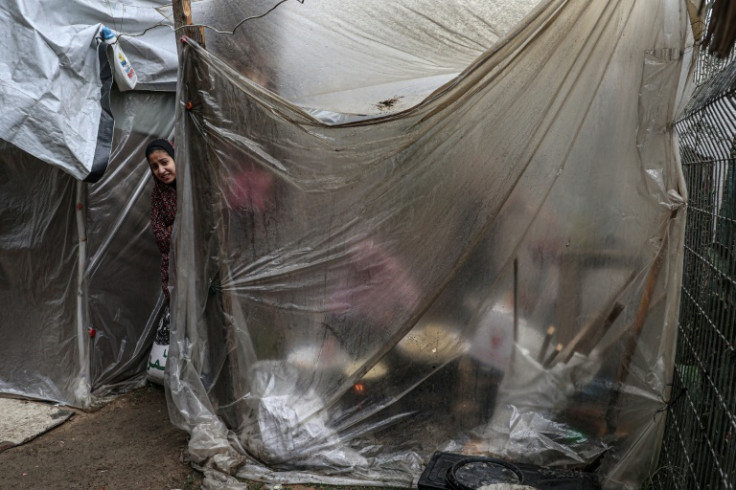
AFP

